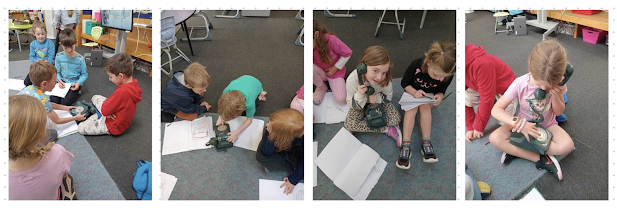Pests, Predators and Our Precious Place.
In Tautoru we have branched out of our Innovation and Invention Inquiry to look at inventions that help our environment and all things in it. We were lucky enough to have had a Zoom session with an Expert - Laura who talked us through her volunteer work with Predator Free Initiatives. We asked lots of questions and were particularly interested in how pests and predators were introduced.
We have started off looking at the native creatures we have in our special NZ bush and forests and the impact that introduced predators and pests have had on this unique ecosystem. As part of our inventions work we have been looking at traps, tracking tunnels and chew cards. We are looking forward to making some of these next term to see what creatures we have in our ‘backyard’ here at Worser Bay School. We have had some interesting discussions about our pet cats.
We know that our NZ forest and bush has a unique layer system that requires us to think carefully about different creatures. We know that kiwi are flightless and spend most of their nocturnal time on the forest floor foraging. They have a rare chance of fighting off a possum, stoat or feral cat so this is why maintaining predator free environments is so important. We know that hedgehogs eat native birds eggs too !!
Our learning will continue next term where we will be designing and creating inventions that help our environment or attract native species back to our place.
We have been mind mapping all we know so far.
.
.













.jpg)














